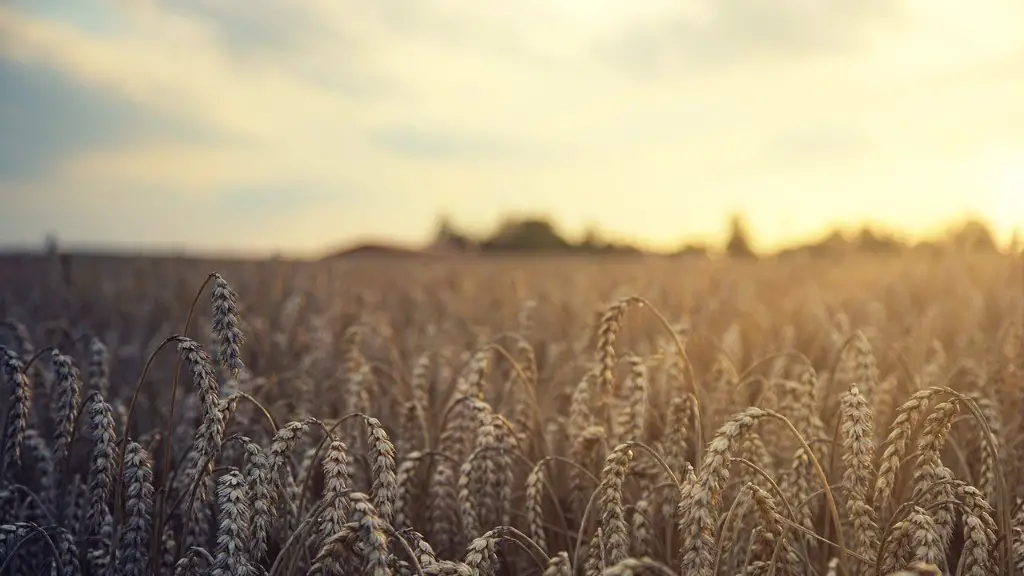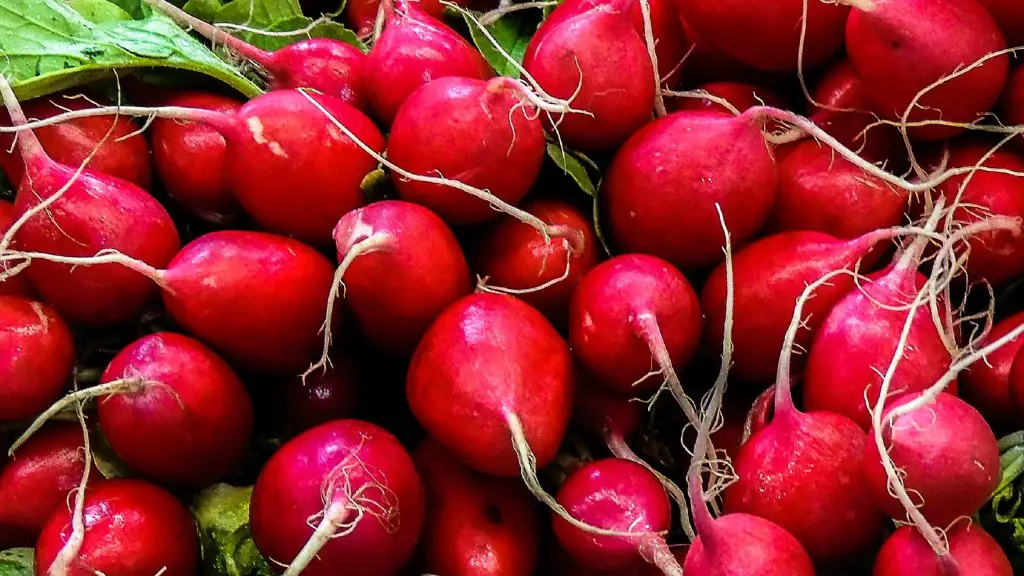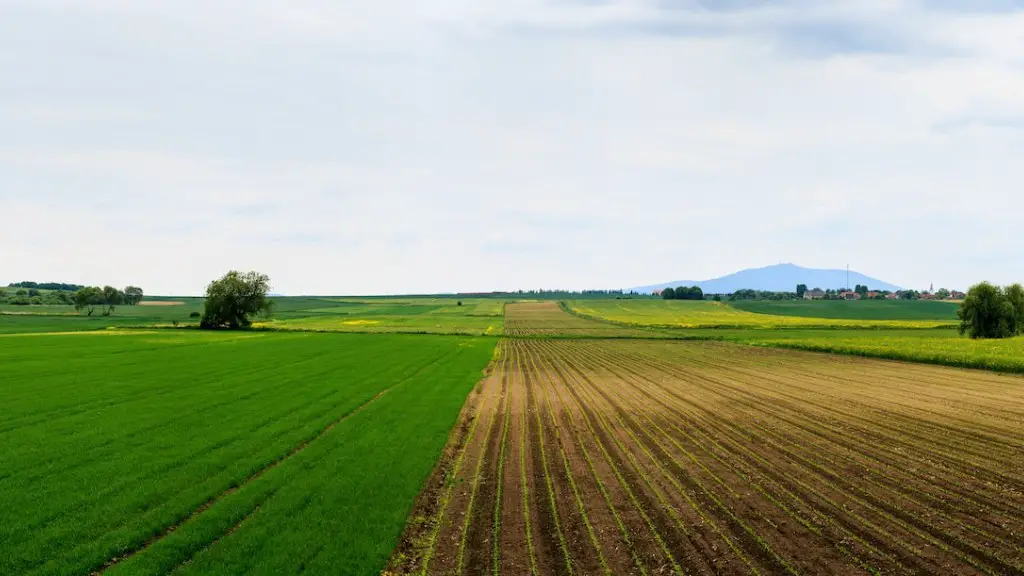Agriculture plays a huge role in causing climate change in many ways, from promoting deforestation and chemical-based farming to producing high levels of greenhouse gases. These effects, as well as numerous others, all combine to create an unhealthy environment, bothnatural and societal, that can eventually lead to global warming and climate change. Here are some of the primary ways that agriculture can result in climate change.
Deforestation
One of the biggest contributions to global warming is the destruction of forests and other green areas to create agricultural land, which leads to deforestation, loss of habitat and numerous environmental issues. Deforestation has been a long-standing problem because of the high demand for agricultural products, as well as timber and other natural resources that are harvested from forests. Trees have massive amounts of carbon stored in them, and when they are taken down, this carbon is then released into the atmosphere, contributing to climate change and global warming.
Chemical-Based Farming
Agricultural practices, such as heavy use of fertilizers and pesticides, can also damage the environment and contribute to global warming. Chemical-based farming often requires large amounts of synthetic fertilizers, which contain additives that contribute to the production of greenhouse gases, including carbon dioxide. Pesticides and herbicides are also used heavily in agricultural practices, and although they do have some benefits in controlling pests, they can also have negative environmental impacts, such as disrupting the natural balance of ecosystems and contributing to air pollution.
Livestock
Agriculture also has an effect on climate change because of the production of livestock. Cattle, pigs, and other animals raised for meat production emit large amounts of methane, a potent greenhouse gas, into the atmosphere. Livestock accounts for around 14.5% of all human-caused greenhouse gas emissions, and this number is expected to rise in the future. Reducing these emissions would go a long way towards decreasing global warming, but agriculture would need to be heavily regulated in order to do this.
Soil Degradation
Monoculture farming practices, as well as overgrazing, can lead to soil degradation, which can then lead to desertification. This can have a major impact on climate change, as deserts are much less effective at trapping carbon than green forests and other vegetation. Soil degradation is a serious problem in many parts of the world, and if it isn’t addressed soon, it could have devastating effects on the environment.
Air Pollution
In addition to producing greenhouse gases, agriculture is also often a source of air pollution. This can come from the burning of waste materials and the excessive use of chemicals, as well as from dust, pest control, and other activities. Pollution can contribute to global warming in two ways: by trapping heat in the atmosphere and by disrupting natural processes, such as photosynthesis, which takes carbon dioxide out of the air.
Water Pollution
Agricultural activities can also lead to water pollution, which can have serious consequences for both human and environmental health. When fertilizers and pesticides are used, they can find their way into water supplies, leading to an overabundance of nutrients in the water, as well as contaminants from the chemicals used. This can cause dangerous algal blooms, as well as other serious environmental issues, such as an increase in greenhouse gases.
Natural Resources
Agriculture also has an impact on climate change because of the use of natural resources, like water and land. Overuse of these resources can lead to a decrease in their quality, causing land degradation and a decrease in food production. This, in turn, can lead to an increase in greenhouse gases, and many of these gases, such as methane and carbon dioxide, are produced in large quantities when land is overworked and when water is not properly managed.
Irrigation
Climate change can also be caused by agricultural practices that involve irrigation. Although irrigating land can be beneficial in certain cases, it can also lead to salinization, which occurs when water drains away, leaving salts behind. This can lead to damaged crops, soil erosion, and an increase in greenhouse gases due to the evaporation of water.
Monoculture Farming
Monoculture farming is another agricultural practice that can have an impact on global warming. This is when a single crop, such as corn or soy, is planted and harvested on a large scale. This type of farming encourages the use of pesticides and other harmful chemicals, and it can also lead to a decrease in biodiversity and soil degradation due to the lack of diversity in the crop selection.
Population Growth
Finally, population growth can have a major effect on climate change caused by agriculture. As the population increases, so does the demand for agricultural products, leading to increased deforestation and overuse of resources. This can lead to more land degradation and the production of more greenhouse gases, exacerbating the effects of global warming.


